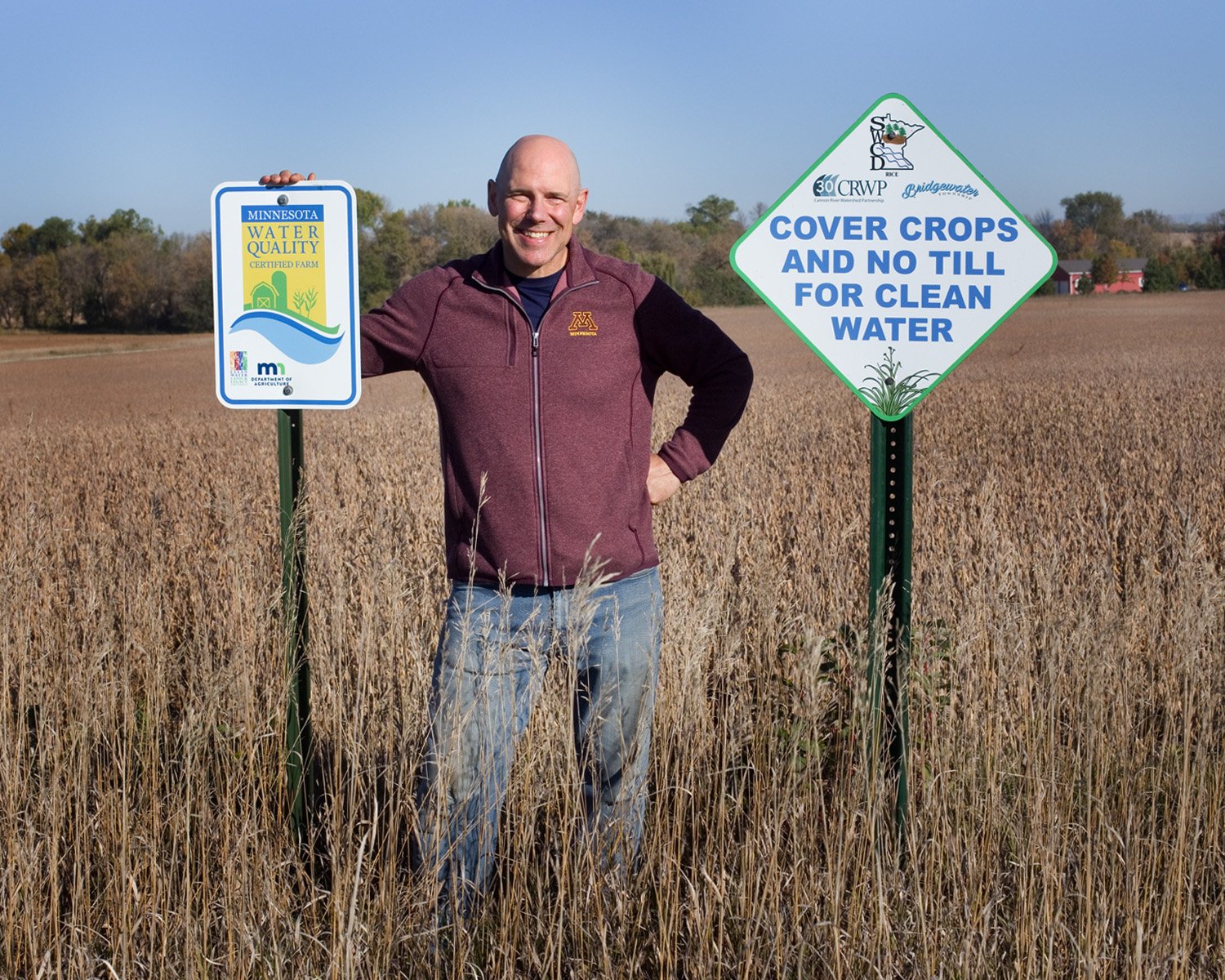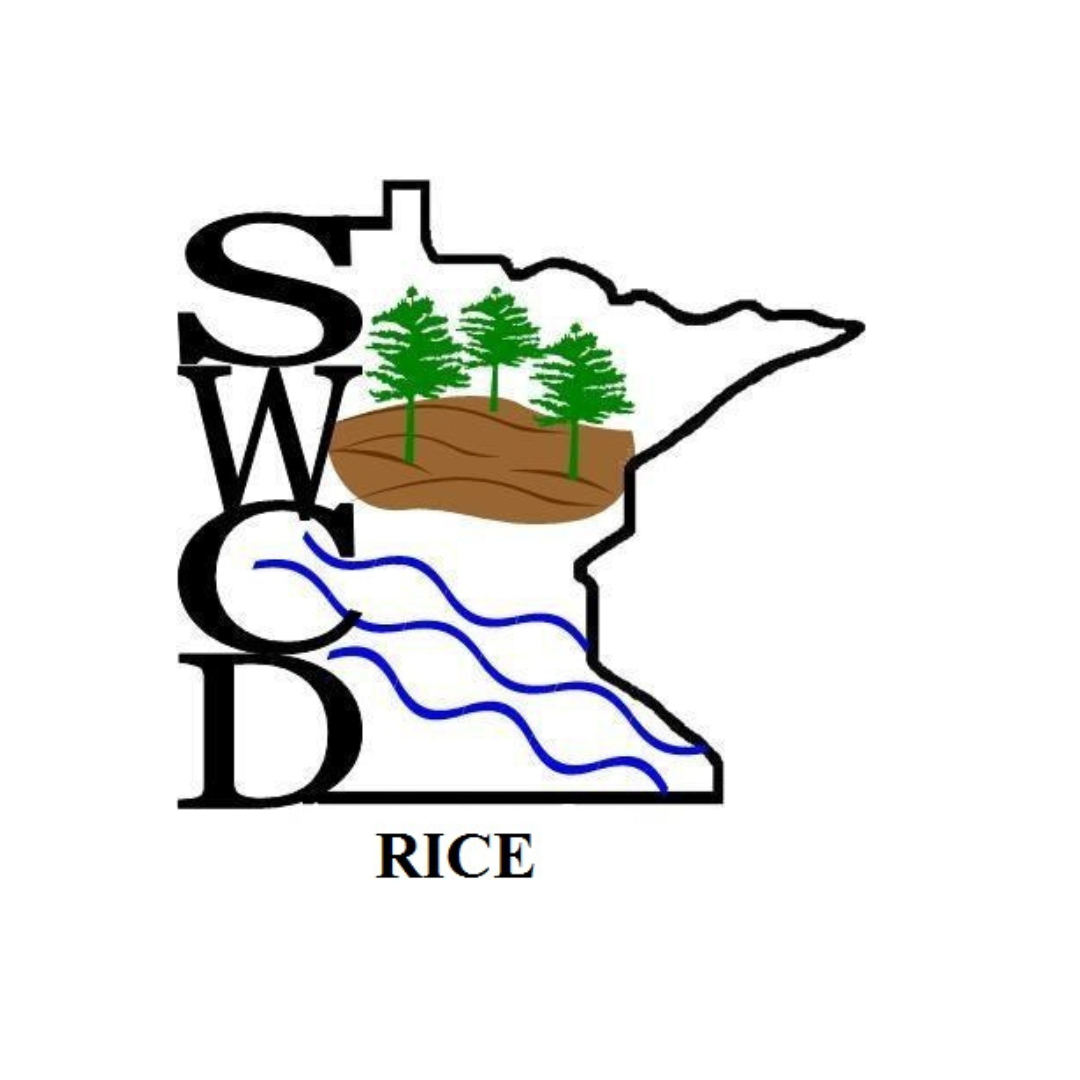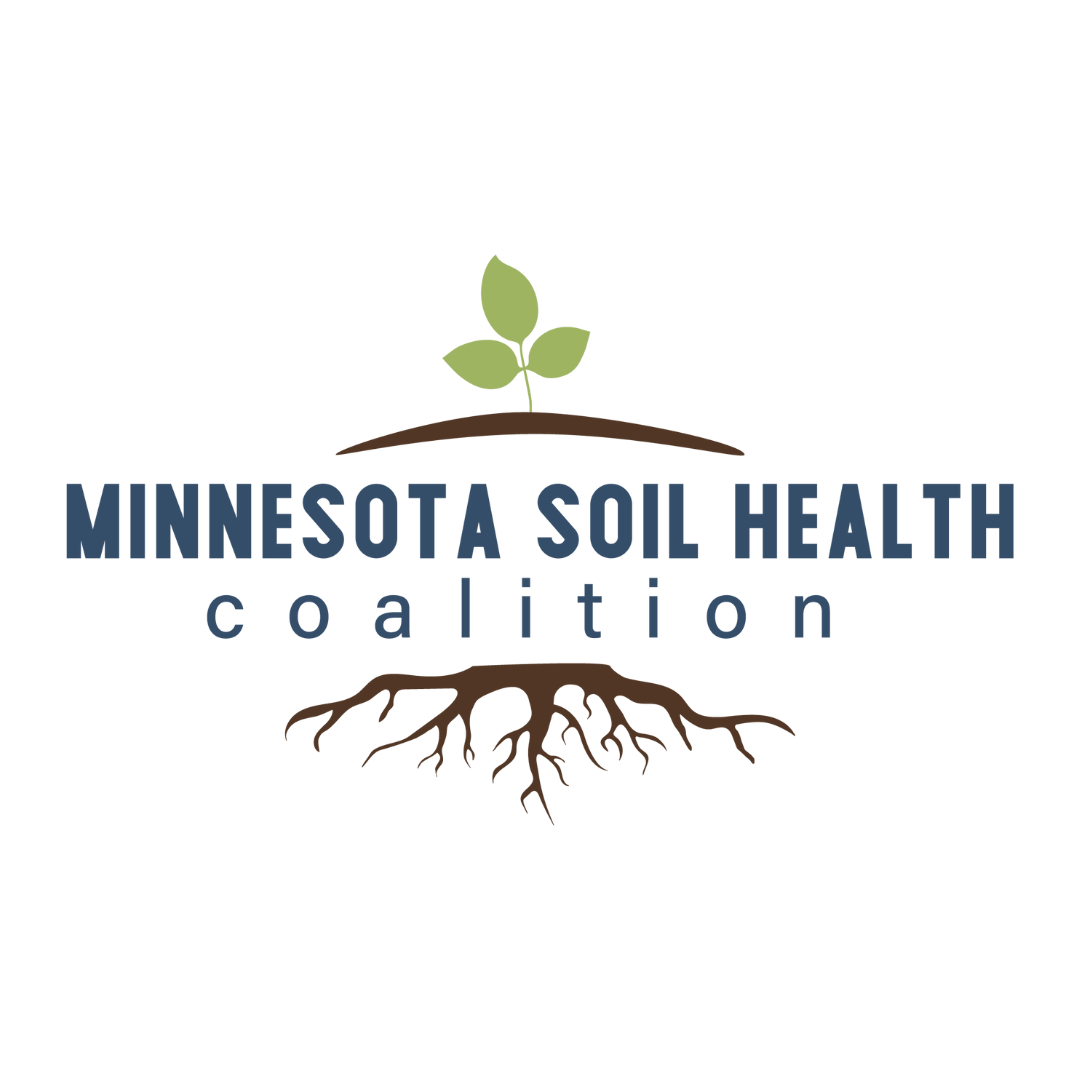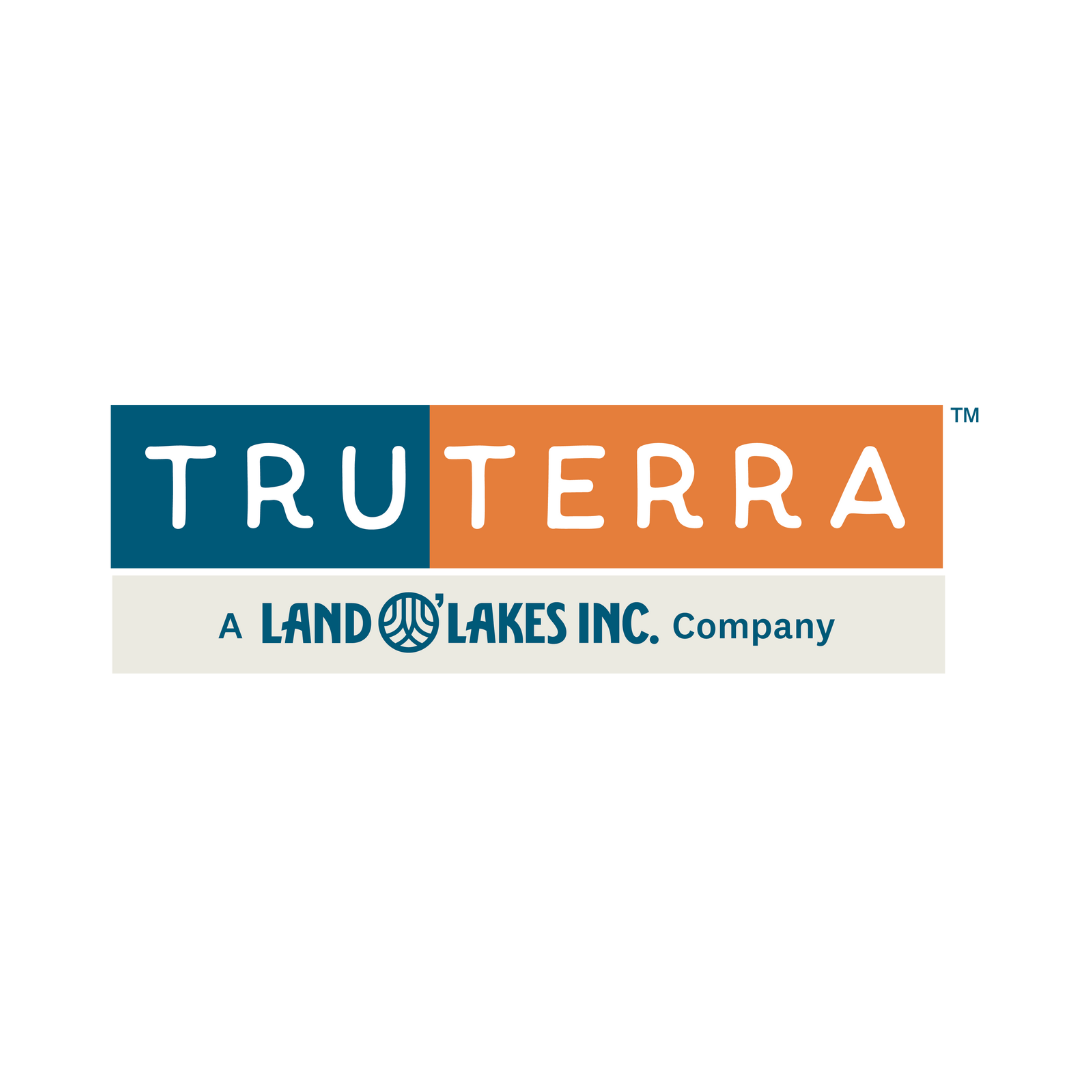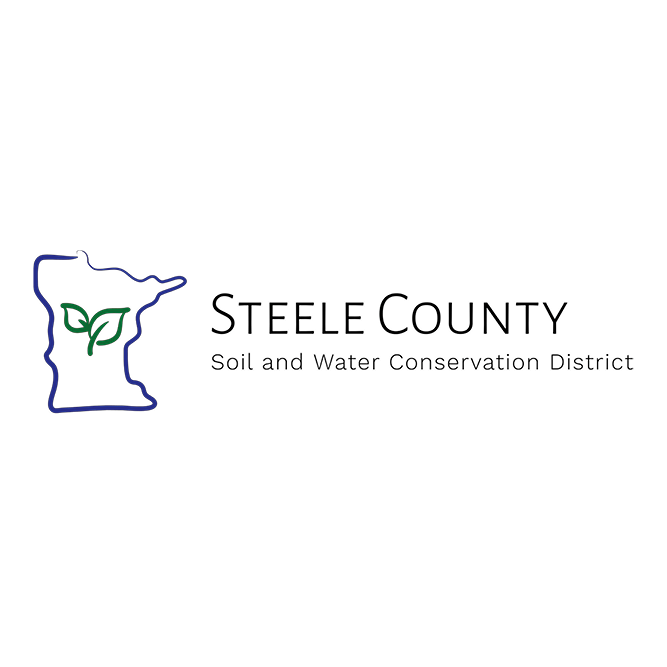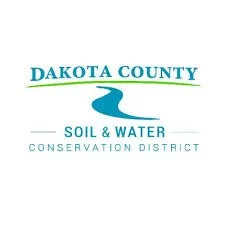
Conservation Agriculture
We promote conservation practices that protect water quality, improve soil health, and support sustainable farming.
-
Cover Crops
By absorbing excess nutrients, cover crops help prevent soil erosion, improve soil health, and reduce nutrient pollution. This, in turn, helps improve water quality, reduce harmful algal blooms, and support the growth of beneficial aquatic life. Additionally, by enhancing soil health, cover crops can increase agricultural productivity and better economic outcomes for farmers.
-
Reduced Tillage
Conservation tillage reduces soil erosion by leaving crop residue on the soil surface. This helps prevent sediment and nutrient runoff into waterways and enhances soil health by increasing organic matter, improving structure, and reducing chemical runoff. Additionally, conservation tillage can help reduce fuel use by decreasing the need for tilling.
-
Agroforestry
Agroforestry is a land management system that combines trees with crops and livestock to create ecological and economic benefits. It benefits the watershed by reducing soil erosion, stabilizing slopes and stream banks, improving soil health, and mitigating climate change by sequestering carbon. Additionally, it helps to reduce water use and protect the health of watersheds.
Project Spotlight: Farmers Protecting Bridgewater Streams
Starting in 2018, we teamed up with Rice Soil and Water Conservation District (SWCD), St. Olaf College, a dozen farmers in the Rice Creek subwatershed, and six other organizations in a leading-edge land conservation initiative. As part of this initiative, we planted cover crops on 1,000 acres (30%) of tillable farmland in the subwatershed.
Photo taken by Margie O’Loughlin.
Photo taken by Margie O’Loughlin
Cannon River Agricultural Collaborative
Join the Cannon River Agricultural Collaborative (CRAC) - a dynamic partnership of government agencies, nonprofits, businesses, and groups working together to enhance soil and water health in the Cannon River watershed.
At the core of CRAC is the exciting exchange of knowledge on sustainable farming practices. We accomplish this by hosting interactive outreach events, workshops, and educational field days. These events showcase a wide range of innovative agricultural conservation practices and provide a valuable platform for farmers, industry representatives, government agencies, and the public to connect and find answers to their questions.
Soil and Water Conservation Districts
Farmers can benefit from the resources provided by Soil and Water Conservation Districts (SWCDs) when looking to implement conservation practices. These districts offer valuable information, such as educational resources, conservation incentive programs, equipment rentals, lists of service providers, and maps.
Find your SWCD: Blue Earth County, Dakota County, Dodge County, Freeborn County, Goodhue County, La Sueur County, Rice County, Scott County, Steele County, and Waseca County
Minnesota Agricultural Water Quality Certification Program (MAWQCP)
The Minnesota Agricultural Water Quality Certification Program (MAWQCP) is a voluntary opportunity for farmers and agricultural landowners to take the lead in implementing conservation practices that protect our water. Those who implement and maintain approved farm management practices will be certified and in turn obtain regulatory certainty for a period of ten years.
Our Partners in Conservation Agriculture
Questions?
Contact Tessa Parks (she/they), our
Conservation Program Coordinator, Agriculture
tessa@cleanriverpartners.org
(507) 200-8195

